The COVID-19 pandemic is the single most disruptive global health crisis in more than a generation. Leaving almost no country untouched, it has claimed more than 5.6 million lives, ruined livelihoods, hit global economies, fractured food chains and rolled back decades of progress towards the United Nations Sustainable Development Goals (SDGs).
Its impact has been felt keenly in the education sector, where it has been described as a “generational catastrophe”. Schools were completely closed for more than 168 million children around the world for almost a full year and an estimated 20 years of education gains were wiped out. In Uganda, schools were closed for almost two years.
Education is one of the biggest tools in the fight to eradicate poverty. Two thirds of children continue to be affected by full or partial school closures, and many of the most vulnerable are at a high risk of never returning to school and being forced in child marriages or child labour.
Yet, around the world, cases of COVID-19 continue to rise, with the new Omicron variant proving more infectious, although less deadly, than previous variant strains.
With rising cases, but a pressing global need to get children’s education back on track, S.A.L.V.E. asked the children it works with in Uganda, and its supporters around the world:
Should children return to school even if it makes COVID-19 levels in the community rise?
Many of our debaters highlighted the gendered impact of missing school, and David in Uganda wrote that “many of the girls are getting pregnant while at home”.
Some others highlighted the social impacts of being unable to go to school, with many commenting that children have “adopted bad behaviours” over the course of being unable to go to school.
Sarah in Uganda built on this point, highlighting that without the structure of schooling, some children have joined “bad groups and criminal activities” and Josh in Uganda agreed, pointing to the fact that many children are ending up on the streets.
For many, schools are more than just an institute of learning, they are a space of safety. Blessing in Uganda wrote, “there is a high rise of children abuse cases and kidnapping and rape, so children should go back to school where they are safe and learning.”
Debbie in the United Kingdom argued that sending children back to school whilst cases are still high poses a risk to both them and their teachers; “sending them back when they will all get sick and spread disease will no help anyone.”
Kakoza in Uganda offered a different perspective to those arguing that children need to be back in schools, however, saying that where cases in communities are rising, children should stay home to be safe from COVID-19, as “life is invaluable.”
However, many children in remote communities do not have access to online learning, and hence have been unable to access any education whilst schools have been shut. This can lead to irreversible outcomes, affecting children’s potential for the rest of their lives.
So, is there a way to get children back in schools safely in the context or rising COVID cases?
Zubalie in Uganda suggested that “if we consider building strong immunity for these children then it’s okay for them to get back to school.” Another argued that children should be vaccinated in order to protect them and get them back to school.
Currently, just 4.1% of the population of Uganda is fully vaccinated against COVID-19.
A guest from Woodhaven school suggested outdoor schooling to avoid transmission, and another suggested part time school to reduce numbers in classes and risk of infection.
Leigh in the UK described how her son bought COVID-19 home from school recently, and said whilst public health campaigns which encourage children to socially distance, wash their hands and otherwise try to prevent transmission, it is challenging to ensure they do this, “the best thing to do is educate the adults [and] carers more. Education is important. Smaller class sizes/bubbles/precautions at school helps.”
Whilst there was no unanimous agreement on whether or not children should go back to school in situations where cases of COVID-19 continue to rise, the importance of education for childrens mental and physical wellbeing, as well as future prospects, was continually emphasized.
To finish on two of our favourite interventions from last week’s debate, Aisha in Uganda pointed to the importance of educating children in order to respond to the current pandemic and future-proof the world against further pandemics; “Children should go back to school such that they can do research on COVID-19 to help the world survive.”
Dan in the UK agreed, “That’s an excellent thought, the children going to school today will be developing the cures and medicines for the diseases in the future.”
Join us for next month’s debate where street-connected children in Uganda are asking if families should involve their children in work so that they can pay school fees. Join the debate here.
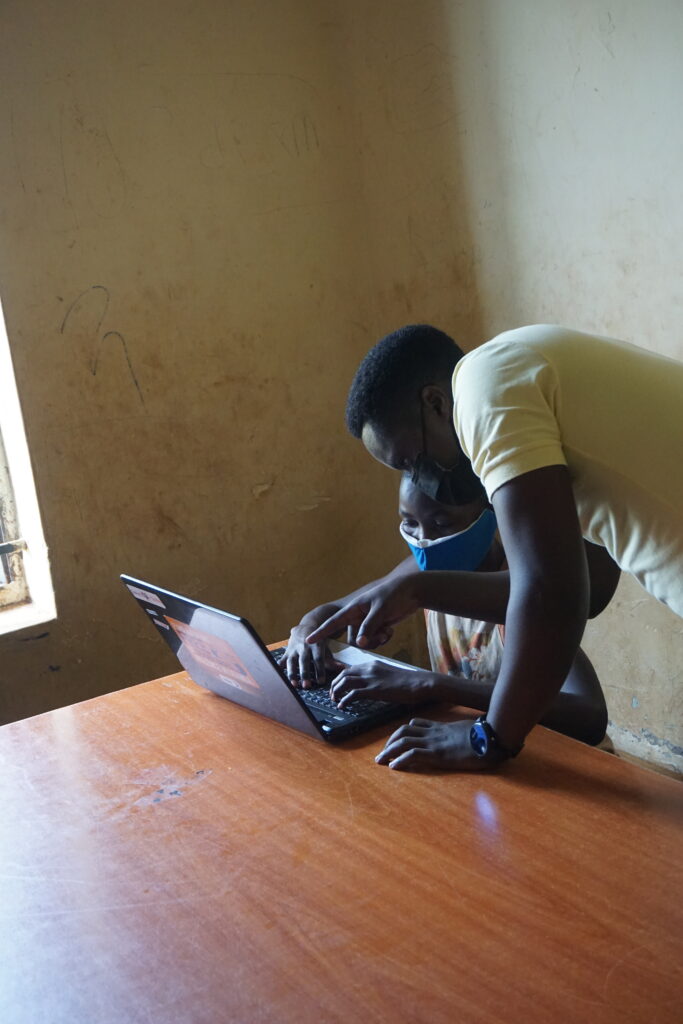

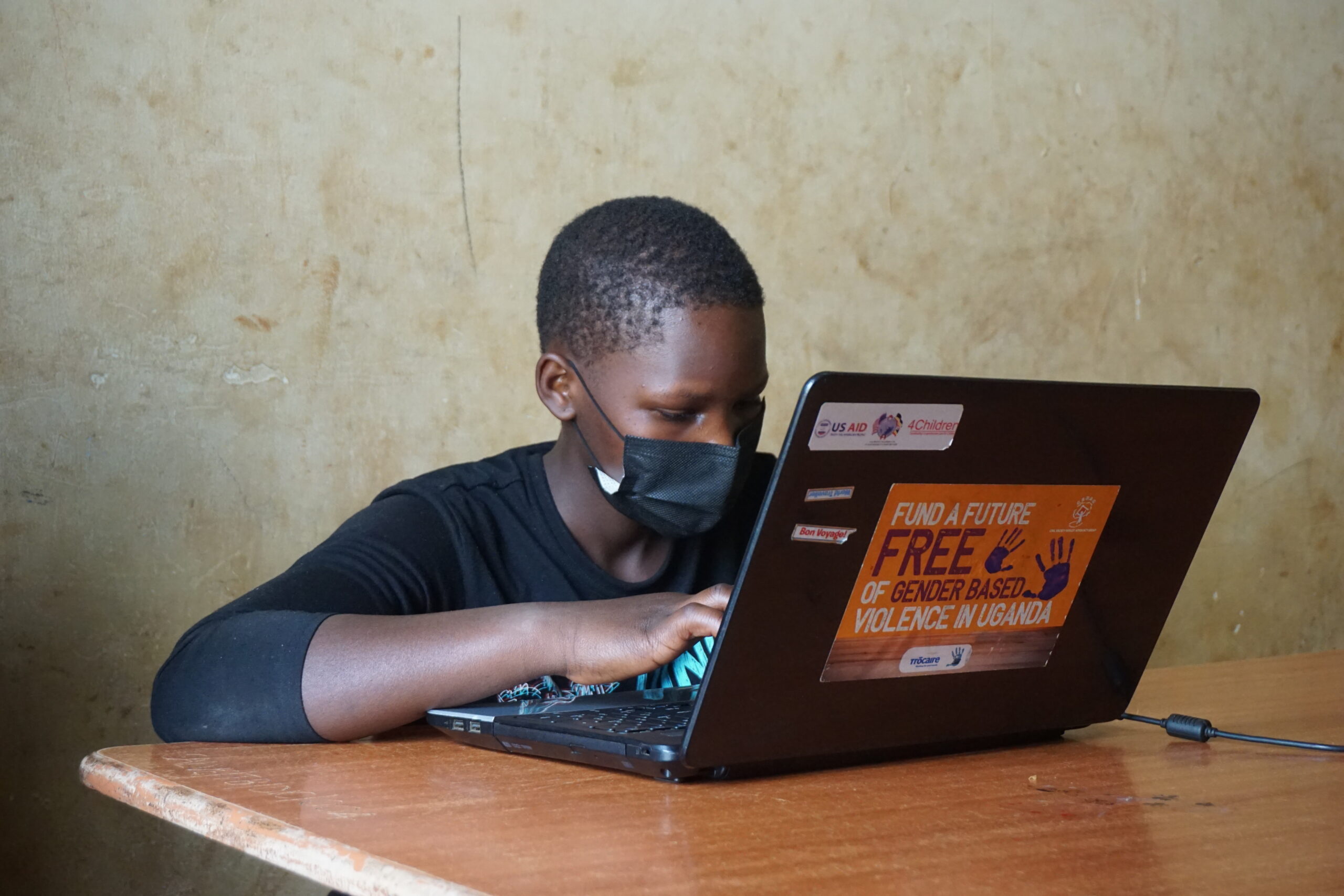
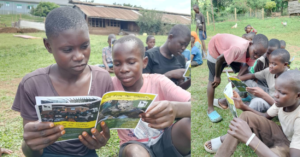
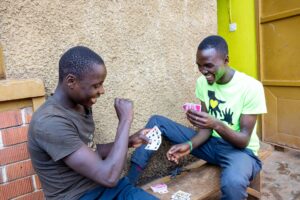
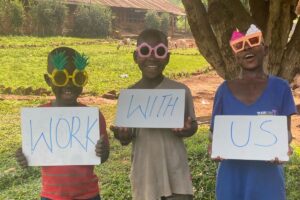
0 Comments